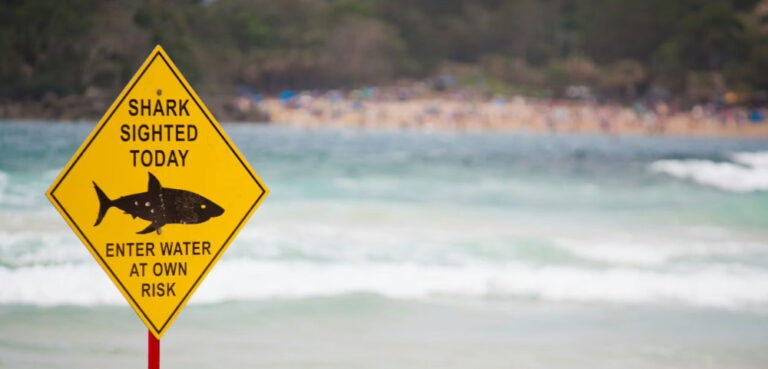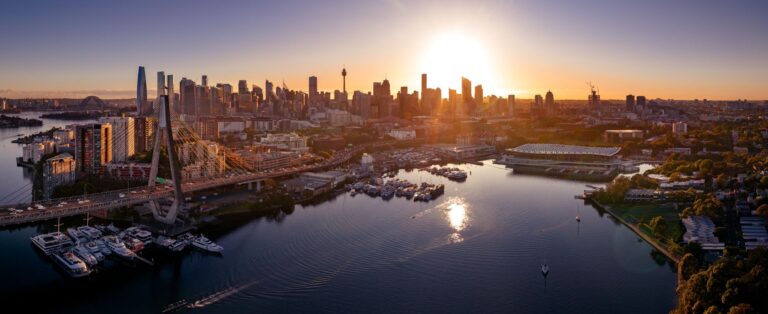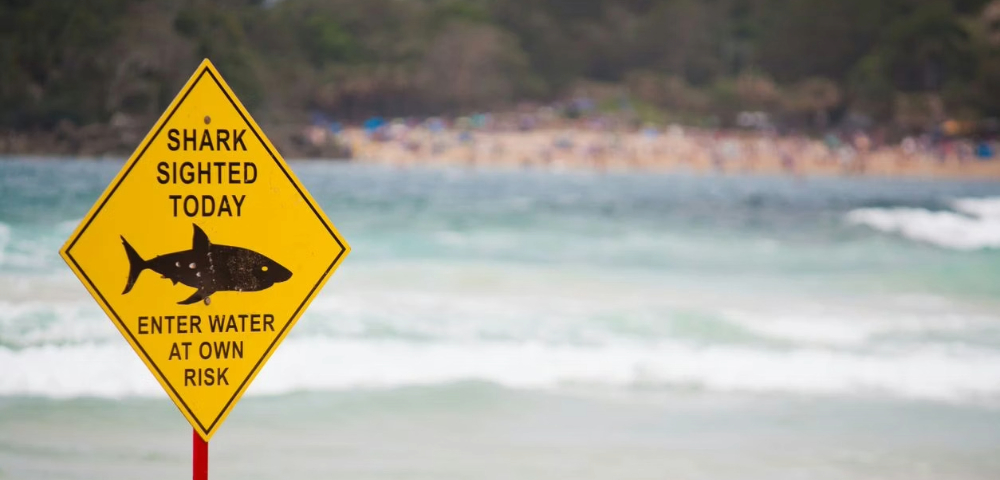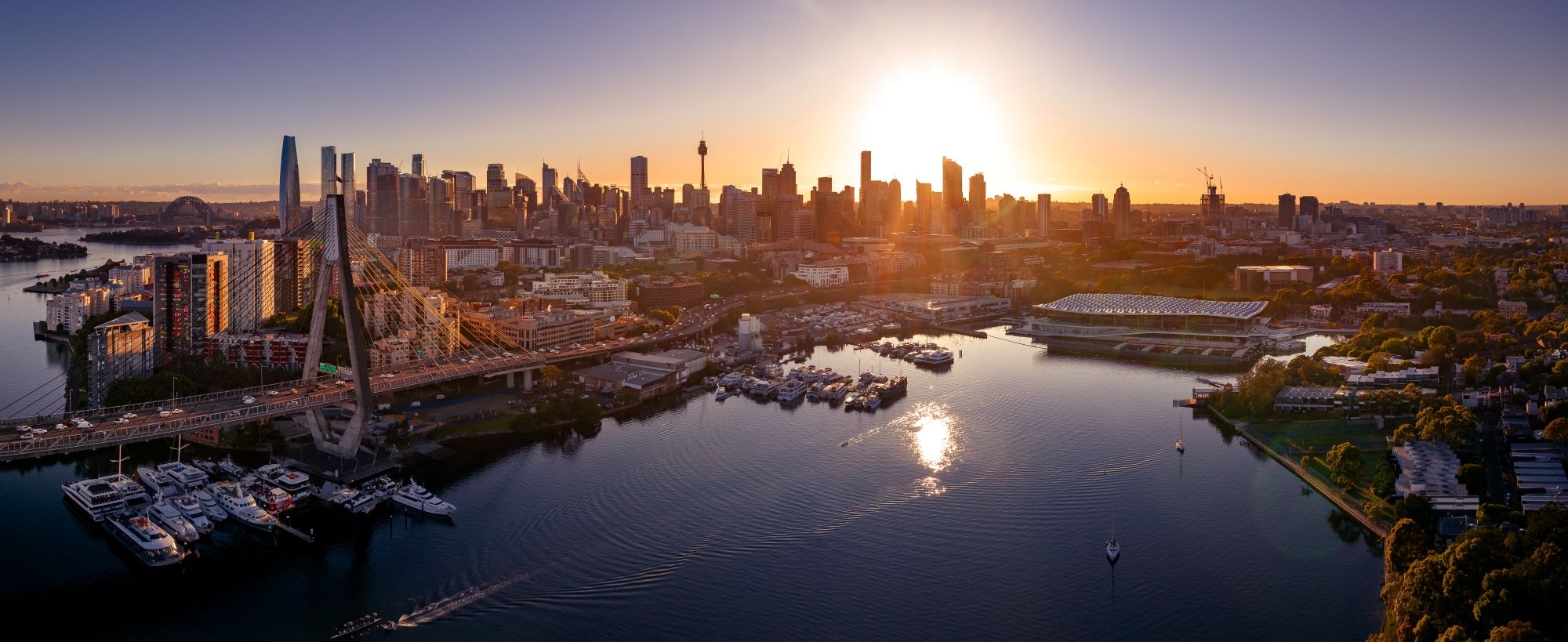

Bull sharks are sticking around in Sydney’s waterway for longer than usual as climate change delays migration, prompting fresh calls to rethink shark management along the city’s busy beaches.
A new study from James Cook University, which tracked bull shark patterns along the New South Wales coast over 15 years, found the species lingering longer in metropolitan areas, particularly during the warmer months.
New research urgers beachgoers to follow SharkSmart
According to the Australian Shark Incident Database, bull sharks are responsible for almost every recorded human-shark encounter in Sydney Harbour
JCU researcher Nicolas Lubitz urges swimmers to stay cautious and most importantly, follow SharkSmart advice.
“It’s just something to be aware of – that one of the top three shark species that are considered potentially dangerous for people is spending more time in this area,” he said.
Warming seas disrupt bull shark migration
According to JCU’s research, rising ocean temperatures linked to climate change are delaying the shark migration patterns by 15 days, compared to 2009.
“Sydney is Australia’s most populated city—so if bull sharks are staying longer, it means that people and prey animals have a longer window of overlap with them,” warned Lubitz.
“We did a climate analysis of water temperatures of the coast around Sydney and found that average temperatures during the period from October-May each year have been increasing over the past 40 years,” he said.
Decades of climate change leave bull sharks lingering in Sydney
Since the 1980’s, Sydney’s coastal waters have warmed by 0.67°C during bull shark season. Once regular winter migrants to Queensland, these apex predators are now making themselves at home off local beaches as waters aren’t cooling below their preferred 19°C as fast as they used to.
Bull shark attacks rare but That shift carries real-world impact, already being felt in Sydney’s surf.
In March, Mangyon Zhang was bitten while swimming at Gunyah Beach in Bundeena. She survived but suffered severe leg injuries.
“She has quite a severe laceration to her outer right leg, to the bone, calf and thigh, and inside thigh,” her partner Maria Masutti posted on social media.
While bull shark attacks are rare, Lubitz warned Sydney could see them year-round if warming trends continue. It would ultimately reshape marine ecosystems and push breeding patterns further south.
Calls to rethink shark management
Wildlife scientist Dr.Vanessa Pirotta said the findings should prompt a rethink of how humans share coastal waters.
“People will pay to swim with sharks, people will pay to whale watch,” she said to NewsWire. “Their presence is so important for us, not only ecologically but also economically.”
Meanwhile, more Sydney councils are scrapping shark nets in favour of drone patrols and SMART drumlines. Some argue nets do little to prevent attacks and unintentionally harm other marine life.
The NSW government is reviewing its shark mitigation program amid growing calls for non-lethal measures.
Adding to concerns, Drone Shark App operator Jason Iggleden warned Bondi swimmers this week to stay vigilant after spotting two bronze whalers trailing a massive school of salmon—a buffet for larger predators.
View this post on Instagram
Lubitz added that with white sharks already here year-round, people should stay highly alert as bull sharks extend their stay.









